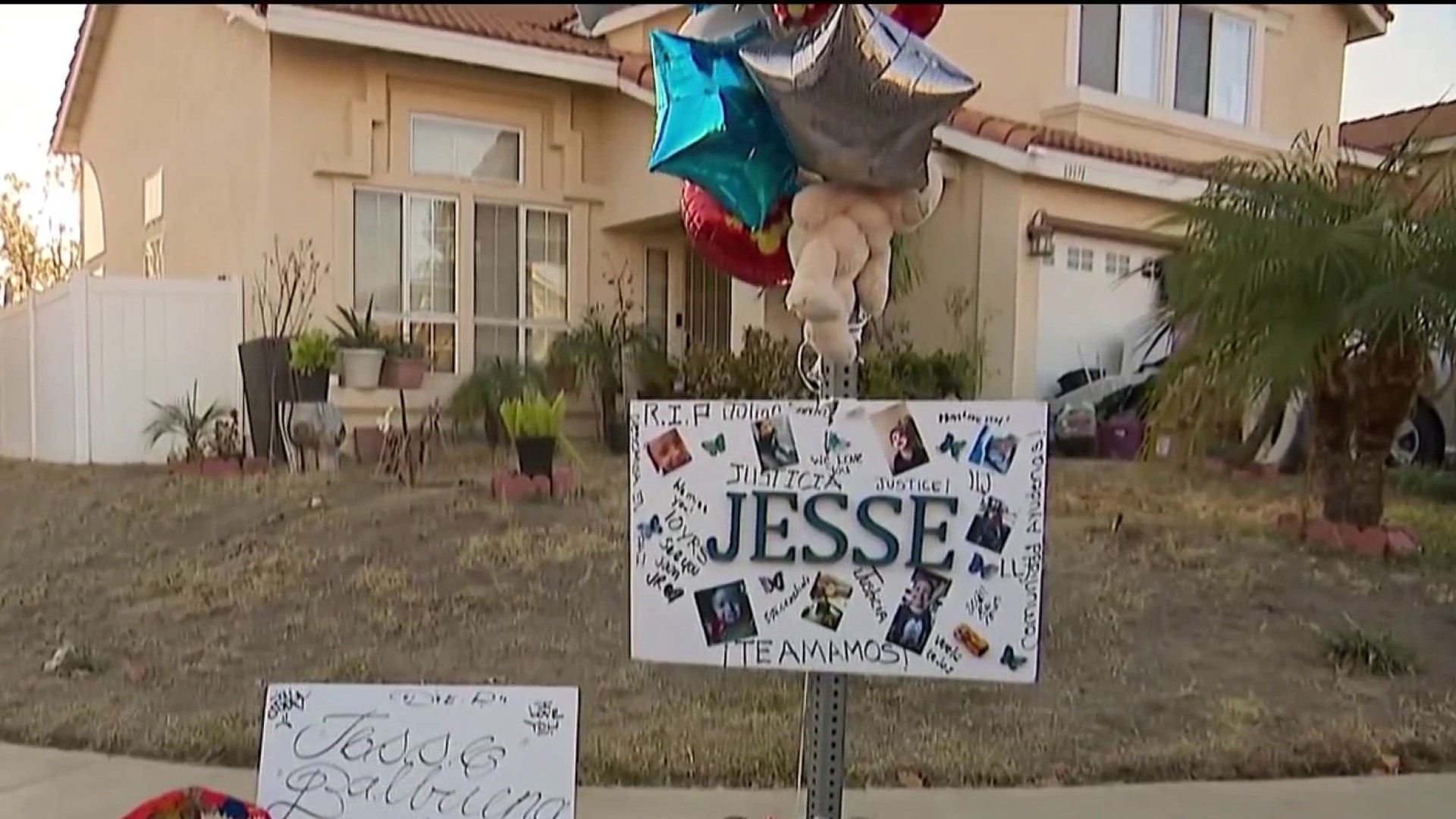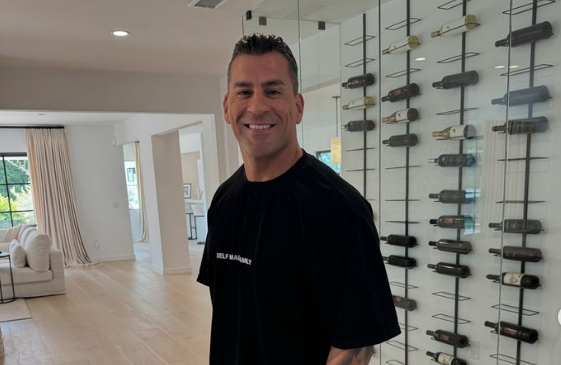The mother of a 13-year-old boy found to have killed his neo-Nazi father fears for the fate of her son.
A court hearing Friday will determine whether the boy is sent to a state juvenile justice facility.
But Leticia Neal says such facilities aren't equipped to handle her son's special needs.
"With the current situation, it looks really dim," she said.
As a matter of policy, NBCLA does not ordinarily divulge the names of juveniles involved in criminal matters. Neal waived that privacy for her son Joseph Hall, saying she wants his story to be told.
Neal's son has spent most of the past two and a half years in Riverside Juvenile Hall following his arrest and subsequent conviction of the second-degree murder of his father, regional neo-Nazi leader Jeff Hall. Child Protective Services had previously responded to the home 23 times without removing the 13-year-old or other children in the household.
The 13-year-old had behavioral issues dating back to pre-school.
Local
Get Los Angeles's latest local news on crime, entertainment, weather, schools, COVID, cost of living and more. Here's your go-to source for today's LA news.
Neal said her son has been struggling with emotional issues and learning challenges. His advocates contend that under federal law, he is entitled to an education that addresses his learnng disabilities.
"My wish for Joseph is that he goes to an education place that can get him the help he needs--eductional, and emotional too," Neal said.
Neal and Hall separated shortly after the boy's first birthday. He remained with his mother until his father gained custody by the time the boy was five. Neal remarrried and moved out of state. A month before the shooting, she and her husband had returned to California and were attempting to gain custody of the boy. Hall had also remarried.
Punam Grewal, an attorney representing the boy, says he should not be placed in a state-run Juvenile Justice Facility, but instead in a private facility that provides around-the-clock supervision.
"He needs treatment, and he's entitled to that under state and federal law," said Gloria Romero, the former state senator and current member of the Orange County Register editorial board who has become an outspoken advocate for the boy's education.
"This case is forcing us to have a conversation on juvenile justice, on education," said Romero.
But there's disagreement among experts over the assessments done while the boy has been at juvenile hall, the extent of his Attention Deficit Hyperactivity Disorder (ADHD) and other disabilities that affect learning, as well as what remedies are needed.
Under the law, before a county can send a child to the Department of Juvenile Justice (DJJ), there must be a legal finding that the child would benefit from the committment.
Chief Deputy District Attorney Mike Soccio believes the boy's needs could be met by DJJ, the successor to the former California Youth Authority, a name abandoned when lawsuits compelled the state to make massive reforms.
Experts who have examined the boy are on the witness list for the placement trial, expected to conclude next week. The placement decision will be made by Judge Jean Pfeiffer Leonard.
The boy's advocates suspect some of the resistance to placing Hall in a private treatment facility is rooted in the potential added cost for the Riverside County Office of Education.
Meantime, at a second legal proceeding, a hearing before an administrative law judge, attorneys for the 13-year-old contend the County Office of Education has failed to asssess adequately and meet the boy's educational needs while he has been at Juvenile Hall. That hearing is scheduled to resume Tuesday.
The Education Office has acted in good faith to fulfill its obligations to the 13-year-old, its attorney Jack Clarke has said.
More Southern California Stories:



